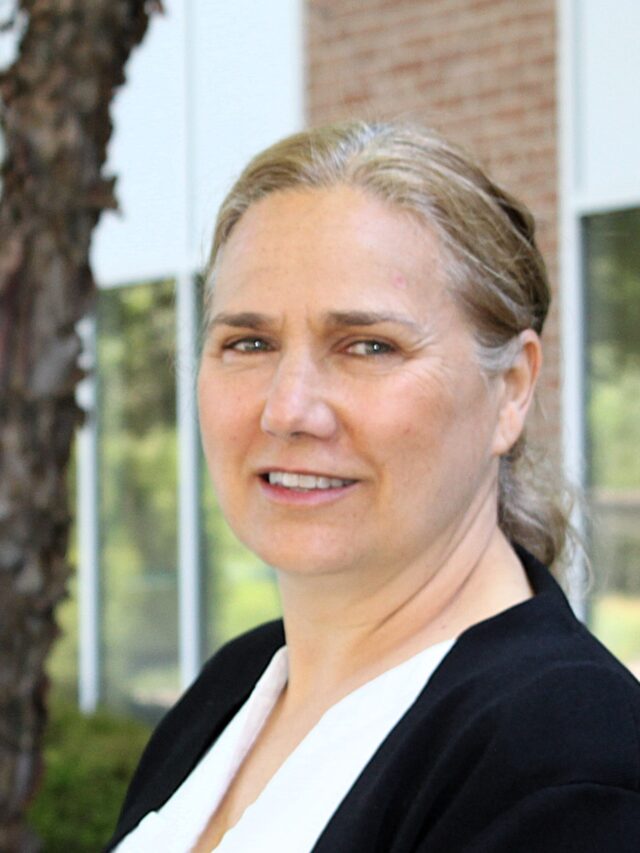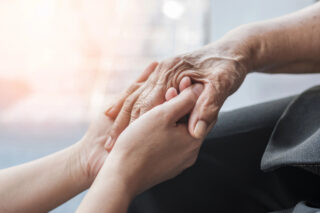
Hospice of the Chesapeake & Chesapeake Supportive Care
Prince George's County
9500 Medical Center Drive
Suite #250
Largo, MD 20774
877-462-1101
Anne Arundel County
90 Ritchie Highway
Suites A & B
Pasadena, MD 21122
410-987-2003
Charles County
2505 Davis Road
Waldorf, MD 20603
301-861-5300
Burnett Center for Hope & Healing
P.O. Box 838
4559 Sixes Road
Prince Frederick, MD 20678
410-987-2003

More Hospice & Palliative Care Articles
The Best Care: From Progressive Illness To End Of Life

When someone is diagnosed with a serious health condition, their journey through illness often unfolds in stages. For many, the path begins with managing a progressive illness such as dementia, heart failure, emphysema, or cancer, conditions that slowly worsen over time. Eventually, some patients transition to end-of-life care, or hospice care, when curative treatments are no longer effective and the focus turns fully to comfort and dignity.
While these two phases may overlap, they are not the same. Understanding the difference helps families make informed choices and ensures patients receive the right support at the right time.
Healthcare for progressive illness is known as palliative care. The goal is to improve quality of life by managing symptoms, supporting emotional well-being and preparing for future decisions.
Palliative care typically begins with a nurse practitioner or physician who collaborates with the patient’s primary care doctor and specialists. The team helps manage symptoms such as pain, shortness of breath or anxiety, assists with completing advance directives and supports family dynamics. Depending on needs, a social worker or chaplain may also join the care team to provide counseling and spiritual support.
End-of-life care, also known as hospice care, begins when a patient has a limited life expectancy, typically six months or less if the illness runs its natural course. At this stage, care becomes more intensive and comprehensive.
Common signs of this transition include significant weight loss, increasing weakness or fatigue, difficulty managing pain or breathing or curative treatments are no longer working.
Hospice is a resource for patients, caregivers and loved ones. Beyond medical support, hospice offers respite care, counseling and spiritual guidance that ease the burden on the family. The team, which includes a physician, nurse practitioner, nurse, certified nursing assistant, social worker and chaplain, provides 24/7 support. Instead of calling 911 during a crisis, families call hospice directly, receiving the care they need at home and avoiding emergency room visits.
At the heart of both palliative and hospice care is the commitment to helping people experience good days, even during serious illness. For someone early in their illness, that may mean participating in a fun walk or traveling. Later, it may mean being free from pain or anxiety while watching a movie with your grandchildren.
Ultimately, the distinction between treating progressive illness and providing end-of-life care is less about drawing a line and more about meeting people where they are. Both approaches bring relief, compassion and dignity to some of life’s hardest moments.
Other Articles You May Find of Interest...
- Comprehensive Guide to the 99496 CPT Code and Its Implications for Healthcare Providers
- Exploring Nuclear Dot Opacity and Its Impact on Health
- Recognizing Agonal Rhythm: Signs and Implications for Emergency Care
- Exploring the Benefits and Techniques of Clamshell Thoracotomy
- Navigating the Challenges of a Guarded Prognosis in Health Care
- Recognizing the Signs of Impending Death After Stroke
- Surviving a Perforated Bowel: What You Need to Know














